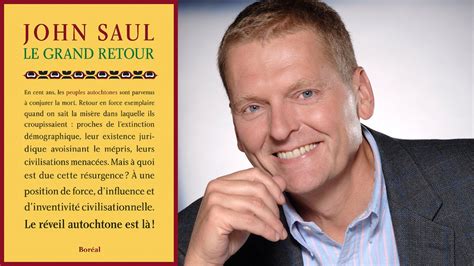A Quote by Jean Piaget
I engage my subjects in conversation, patterned after psychiatric questioning, with the aim of discovering something about the reasoning underlying their right but especially their wrong answers.
Related Quotes
religion is about having the right answers, and some of their answers are right... but i am about the process that takes you to the living answer... it will change you from the inside. there are a lot of smart people who are able to say a lot of right things from their brain because they have been told what the right answers are, but they don't know me at all.
The deep paradox uncovered by AI research: the only way to deal efficiently with very complex problems is to move away from pure logic.... Most of the time, reaching the right decision requires little reasoning.... Expert systems are, thus, not about reasoning: they are about knowing.... Reasoning takes time, so we try to do it as seldom as possible. Instead we store the results of our reasoning for later reference.
Cosmopolitans begin, I think, with a sense of one thing we all certainly share, which is our fallibility. Nobody has reason to be confident that they're right about everything. That's one of the motivations for conversation across differences. It's in my interest to converse with people who are wrong about different things from the ones I'm wrong about!
What I think we need to do to engage the American people in a conversation about entitlement reform is to have a bipartisan group of people who come together and put every solution on the table, every alternative on the table. And then we ought to engage in a long conversation with the American people so they understand the choices.
I would call the attention of the reader to the difference between "reason" and "reasoning." Reason is a light, reasoning a process. Reason is a faculty, reasoning an exercise of that faculty. Reasoning proceeds from one truth to another by means of argumentation. This generally involves the whole mind in labor and complexity. But reason does not exist merely in order to engage in reasoning. The process is a means to an end. The true fulfillment of reason as a faculty is found when it can embrace the truth simply and without labor in the light of single intuition.
If you're just addressing your own emotions and challenging yourself to find some sort of harmonious sense of being in life and questioning authority and questioning what's given and questioning what's expected of you, you're already on the cusp of finding something in yourself, and maybe waking something in somebody else.
I feel like people expect me to give them easy answers, but there aren't really easy answers. There are only harder questions. And unless we get to the harder questions part, about what this conversation is really about...of course I want an immigration bill to pass. I want people to have a driver's license and work permits and green cards and passports. But this conversation transcends this bill. We're not going to have a perfect bill. This is politics. I feel like my job is instead of giving people easy answers, my job is to actually to ask people to probe deeper.






































